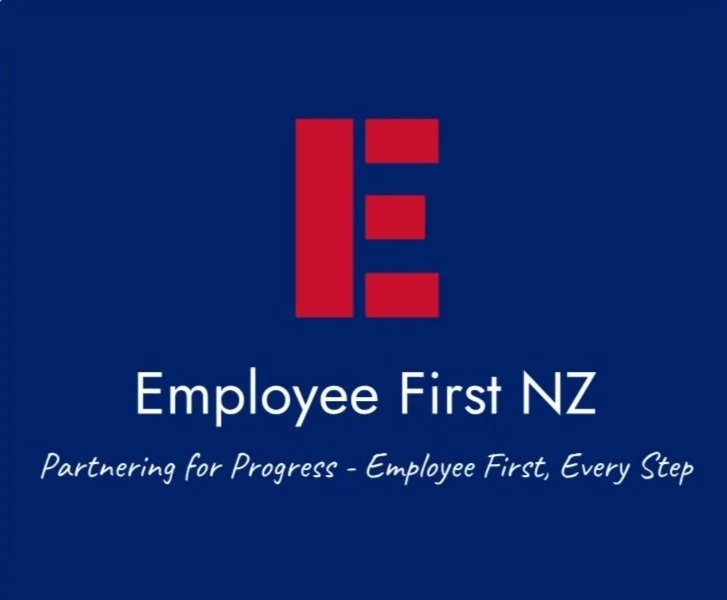Challenges with Employment Advocacy in NZ
Does New Zealand’s Employment Advocacy Need Some Serious Consideration?
If you’ve ever had a workplace issue in New Zealand, like being unfairly dismissed or facing harassment, you might’ve turned to an employment advocate for help. These folks step in to guide workers and employers through tricky disputes, offering a cheaper alternative to hiring a lawyer. But here’s the thing: the employment advocacy industry in New Zealand isn’t regulated, and that’s causing some real headaches. From dodgy practices to calls for reform, let’s dive into what’s going wrong, how other countries handle it, and what we can do to make things better.
What’s the Problem with Employment Advocacy in New Zealand?
Employment advocates in New Zealand are a bit like the wild west—there’s no official rulebook. Unlike lawyers, who have strict standards set by the New Zealand Law Society, anyone can call themselves an advocate. This leads to a mixed bag: some are brilliant, helping people who can’t afford legal fees, but others? Not so much. There have been cases, which got slapped with huge penalties for unethical behaviour. That’s a red flag that things aren’t quite right.
The main issues are:
No Oversight: There’s no licensing or training required, so some advocates lack the know-how to handle complex employment laws properly.
Risky Representation: Poor advice or shoddy paperwork can mess up someone’s case, leaving them worse off.
Balancing Act: Advocates are a lifeline for those who can’t afford lawyers, but without standards, you might end up with someone who does more harm than good.
Many esteemed organisations and employment advocates have been banging the drum for change, suggesting things like licensing and a code of conduct, but the government hasn’t made it a priority yet. So, what can we learn from other countries?
How Do Other Countries Handle Employment Advocacy?
Let’s take a quick look at how Australia and the UK manage this.
Australia
Across the ditch, Australia has a system where advocates, or “paid agents,” need permission from the Fair Work Commission to represent someone in most cases. This is under the Fair Work Act 2009, which makes sure representation is fair and efficient. You don’t need permission for some things, like unfair dismissal hearings, but there’s still no specific body regulating advocates. It’s a bit more structured than New Zealand, but there’s still room for unqualified folks to slip through the cracks.
United Kingdom
In the UK, employment advocacy is mostly handled by solicitors or barristers, who are tightly regulated by bodies like the Law Society. If you’re not a lawyer, you might be a trade union rep or a consultant, but there’s no official oversight for these non-legal advocates. The Advisory, Conciliation and Arbitration Service (Acas) offers free advice, but they don’t police advocates either. This means the UK has strong standards for legal pros but leaves non-lawyers in a grey area, a bit like New Zealand.
How Can We Fix It?
New Zealand’s employment advocacy industry could be a game-changer for workers and employers if we get it right. Here are some practical ideas to make it more professional and trustworthy:
Bring in Licensing: Set up a system where advocates need a license, proving they’ve got the right training in employment law. This would weed out the chancers.
Create a Code of Conduct: Lay down clear rules about things like being upfront about fees, keeping things confidential, and avoiding conflicts of interest. If someone breaks the rules, there should be consequences, like fines or losing their license.
Mandate Training: Make advocates do proper training to start with, and keep learning every year to stay sharp on the latest laws.
Set Up a Professional Body: Create a group, like the Law Society for lawyers, to certify advocates and keep a public list of who’s legit.
Work with the Courts: Make sure advocates fit into the Employment Relations Authority and Employment Court properly, maybe needing permission to represent in some cases.
Protect Clients: Require advocates to have insurance in case things go wrong, and make it clear about their qualifications and fees upfront.
Test the Waters: Start with a voluntary sign-up scheme or a trial run to see how regulation works before making it mandatory.
Spread the Word: Run campaigns to tell people how to pick a good advocate and check their credentials.
Learn from Others: Take a leaf out of Australia’s book with their permission system, or the UK’s tight rules for legal pros, and tailor them to New Zealand’s needs.
Get Everyone Involved: Bring together unions, employers, lawyers, and the government to build a system that works for everyone.
Why It Matters
Getting employment advocacy right is about fairness. Workers and employers deserve someone who knows their stuff and won’t rip them off or botch their case. At the same time, we need to keep advocacy affordable so everyone can get help, not just those with deep pockets. Regulation doesn’t have to mean red tape—it can mean better standards, more trust, and a system that works for all.
Conclusion
New Zealand’s employment advocacy industry is at a crossroads. It’s doing vital work, but without rules, it’s a bit of a gamble. By looking at how Australia and the UK handle things and rolling out smart changes like licensing, training, and a code of conduct, we can make the industry a proper, respected part of our employment system. It’s time to give advocates the tools to shine and clients the confidence that they’re in safe hands. Let’s make it happen!
